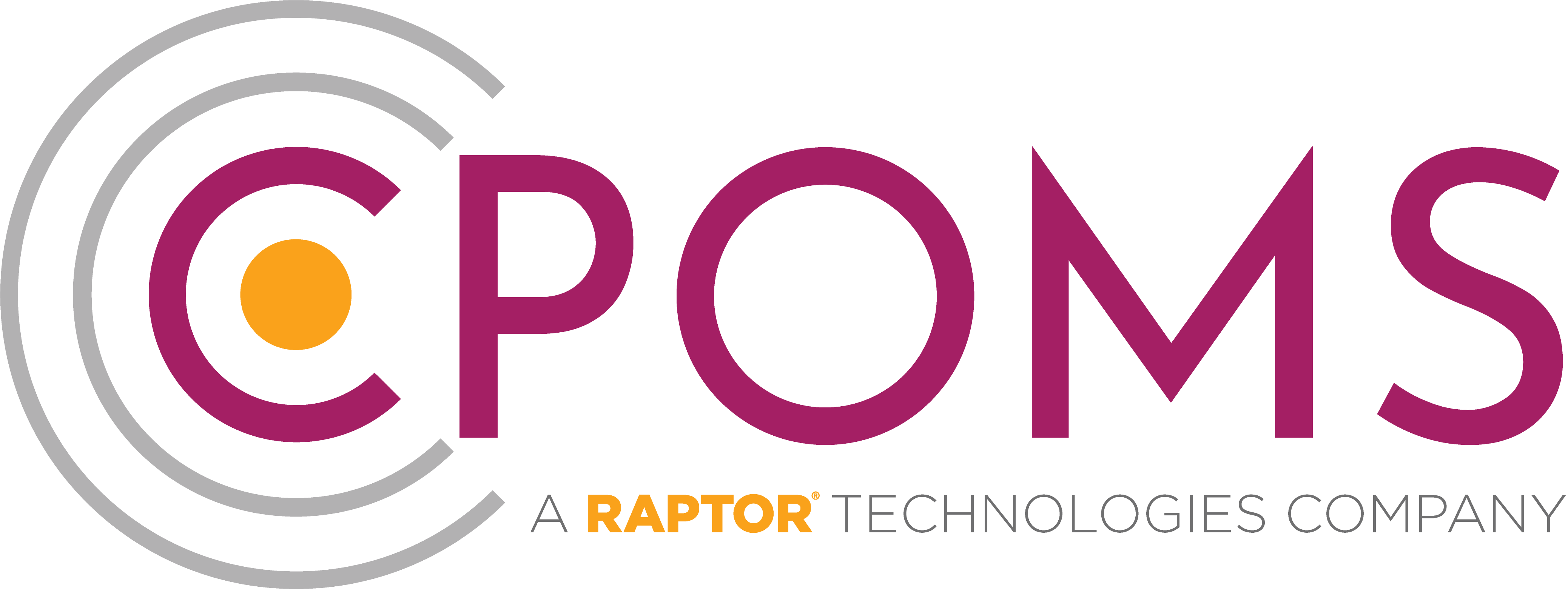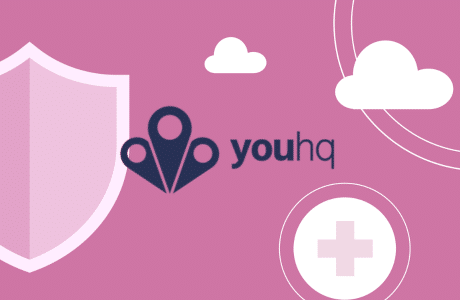Safeguarding is crucial for protecting the health and wellbeing of staff in any organisation. In our webinar, How to Improve your Safeguarding Adult Practices, the CPOMS team were joined by international safeguarding consultant Ann Marie Christian, safeguarding trainer and consultant Jon Trew, and qualified safeguarding lead at CPOMS Hilary Gornall, to explore the unique landscape of adult safeguarding and how that relates to staff in educational settings.
From understanding legislative frameworks to promoting staff wellbeing and leveraging technology for enhanced support, the panel highlighted several key factors for leaders across education settings to consider when it comes to safeguarding staff. This included the importance of fostering collaboration, innovation and a shared commitment to protecting all individuals in any organisation to ensure that no one is left behind.
Understanding Best Practices for Adult Safeguarding
A key element when safeguarding adults is ensuring adherence to guidance and best practice. To support settings in developing their own adult safeguarding strategies, the panel discussed guidelines and best practices to serve as foundations for wellbeing policies in any setting.
In the webinar discussion Jon observed that guidance around adult safeguarding is a relatively new area, which is still undergoing development. “Legislation about protecting adults is a fairly new phenomenon,” Jon noted. Another challenge in safeguarding adults noted by the panel is that adults are free to make decisions that may even be harmful for them, as Jon added: “children don’t have a choice to stay with a person that is abusing them, but as an adult we can.”
While recognising this, it is important that all organisations proactively support and monitor the wellbeing of colleagues so that appropriate support can be offered where needed. To this end, the panel discussed how even small behavioural changes among colleagues could indicate a safeguarding issue or a vulnerable adult requiring support. Adding to this, Ann Marie outlined the importance of being mindful of vulnerabilities related to factors such as age, disability, race, gender and socioeconomic status is also critical for any safeguarding policy.
On the question of how to approach staff who may require support Hilary added: “It is really important that managers are trained to have key conversations and build relationships so that staff feel comfortable to talk about any concerns either about themselves, or other staff members, before they worsen.” Where staff recognise that a colleague may be vulnerable or need support, the panel also emphasised the critical role of maintaining a non-judgemental approach to supporting adults with mental health or wellbeing challenges.
Practical Strategies to Improve Adult Safeguarding in Your Organisation
The discussion saw the panellists sharing practical tips and strategies for building a supportive culture. The importance of supervision, emotional check-ins and supportive policies are all key in safeguarding the mental health and resilience of staff members.
1. Emotional check-ins and supervision sessions
Supervision sessions where safeguarding and pastoral leads check in on the wellbeing of staff can serve as lifelines, offering them a space to process their experiences and receive the guidance they need to navigate challenging situations.
Ann Marie noted that “regular supervision meetings and emotional check-ins provide essential support for staff dealing with challenging situations, helping to prevent burnout and promote self-care.” Emotional check-ins foster a sense of belonging and camaraderie among staff, allowing them to support each other through both the triumphs and tribulations of safeguarding work.
2. Policies designed to support staff
The panel also discussed the significance of implementing supportive policies within organisations, including clear whistleblowing procedures and protocols for managing stress and burnout. Ensuring there is an environment where colleagues can be supported and not feel judged for any vulnerabilities or challenges to their wellbeing is paramount. Hillary added, “Clear policies and procedures around mental health and wellbeing are crucial.”
By prioritising staff wellbeing and providing avenues for support, organisations can create an environment where staff feel valued, resilient and equipped to fulfil their safeguarding responsibilities effectively.
3. Leveraging technology for adult safeguarding
Technological advancements have transformed safeguarding practices, making processes more accessible and efficient through digital platforms that can offer tools to monitor any concerns. Confidentiality, timeliness and data protection are paramount when reporting any concerns regarding staff members, to ensure individuals receive timely and appropriate support when needed, particularly in education settings so that children are also kept safe in the event of a safeguarding issue.
The important role of safeguarding software in supporting your staff
Digital platforms such as CPOMS StaffSafe serve as important resources to facilitate support for colleagues in education environments. From performance management and welfare concerns to general comments and the recording of any allegations, schools can record all information about individuals, against as many categories of their choice. Authorised staff can then easily track any patterns emerging for individual staff members, helping them to provide the right level of support at the right time.
By monitoring low-level concerns regarding staff, settings can identify trends and patterns in safeguarding data, leading to more proactive interventions and risk mitigation strategies. CPOMS StaffSafe also enables advanced reporting and the recording of essential SCR compliance information, allowing schools to carry out and store the results of checks against each staff member’s file. Safeguarding leads can also monitor and set reminders about when upcoming training records or staff checks, such as DBS certificates, need to be renewed.
By embracing innovative solutions like CPOMS StaffSafe, organisations can readily demonstrate their compliance to inspectorates and navigate the complexities of safeguarding in the digital age with confidence.
For more information about how CPOMS can help you to improve your safeguarding adults practice, book a demo today.




